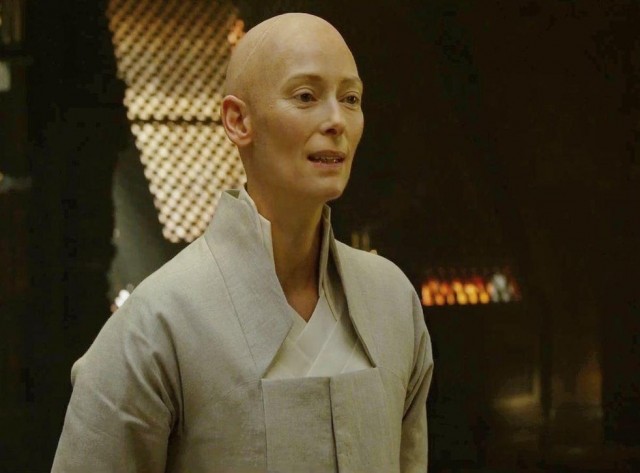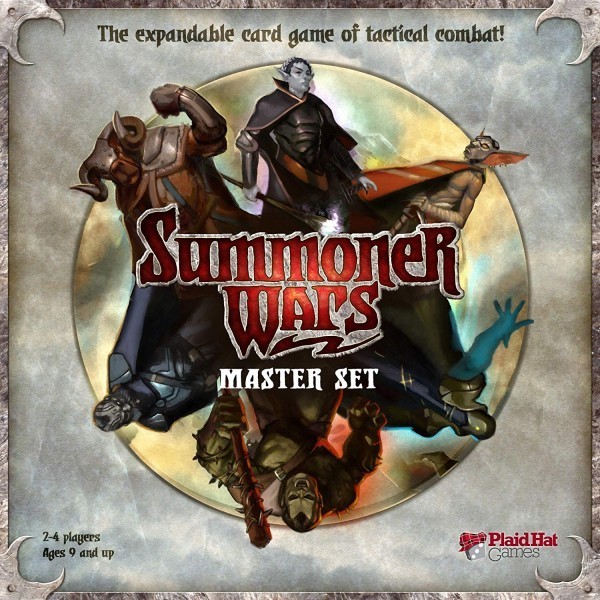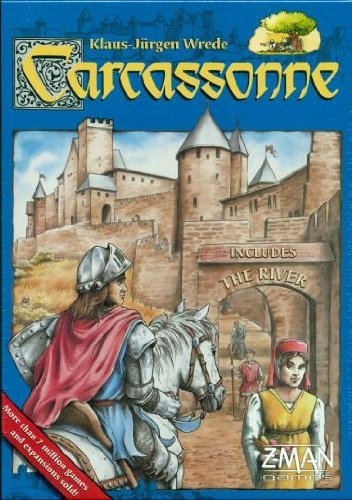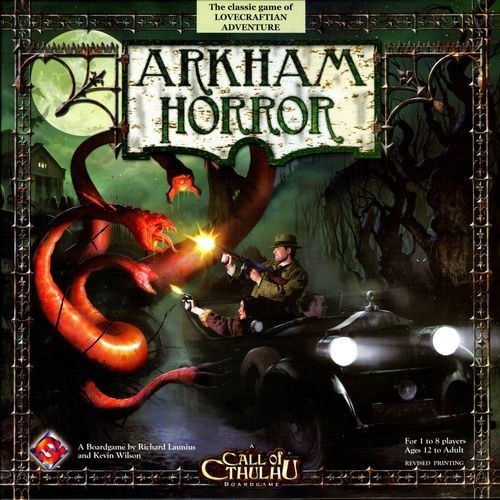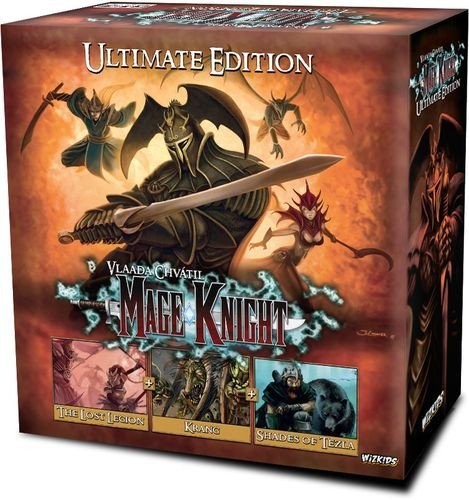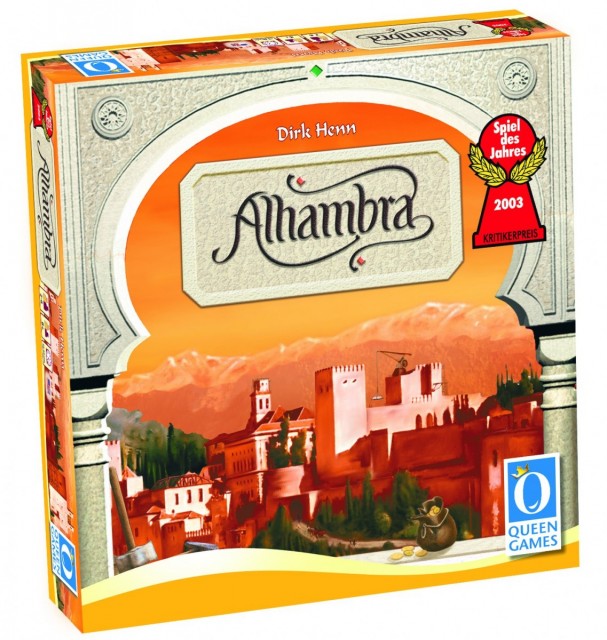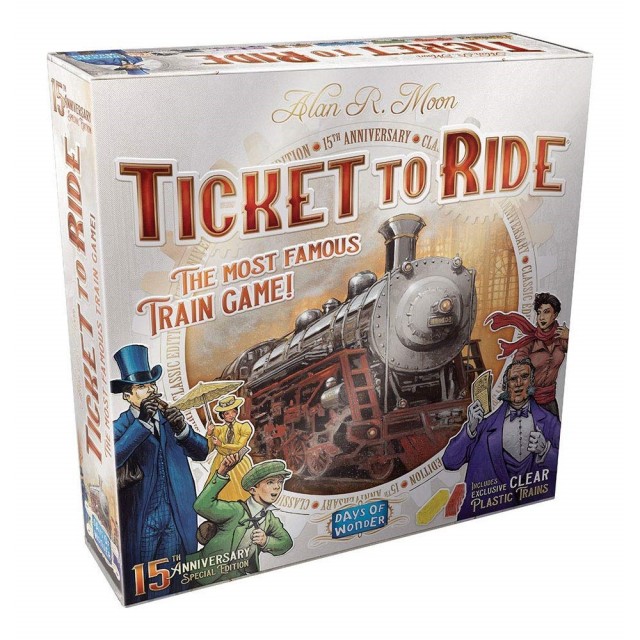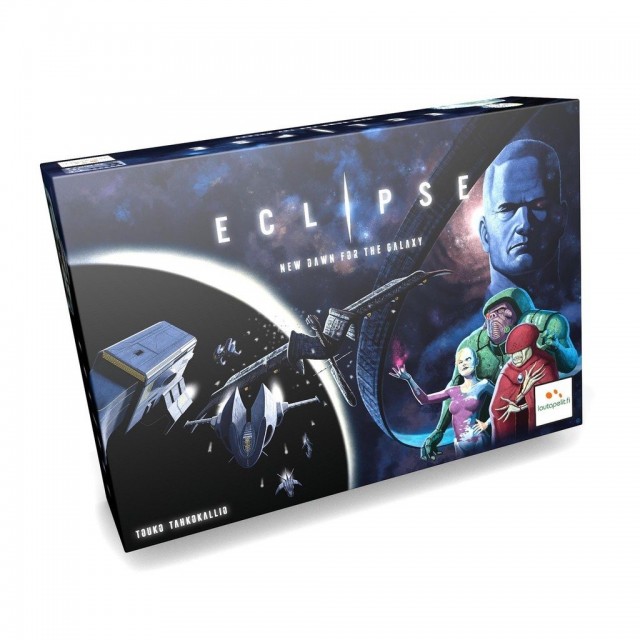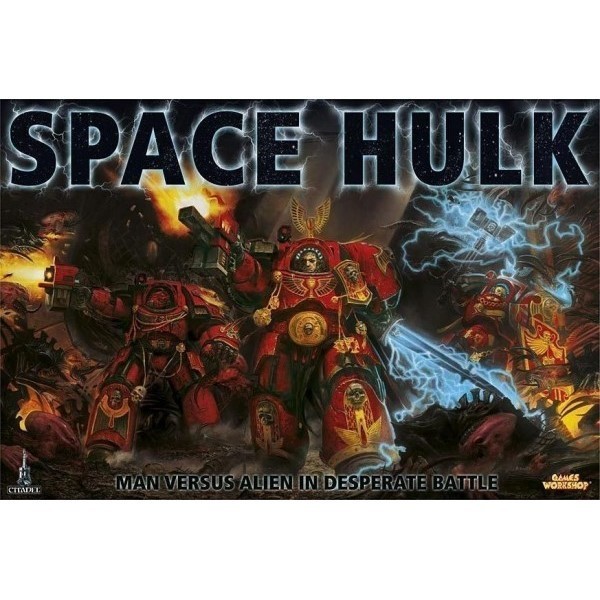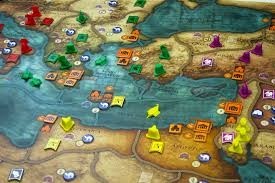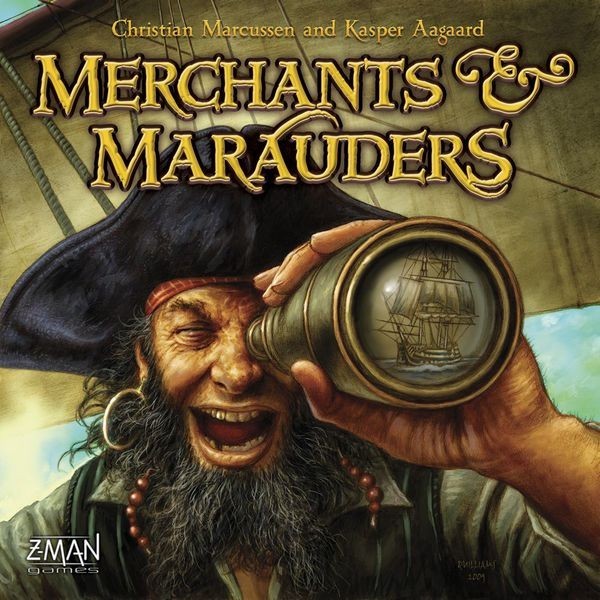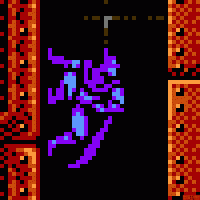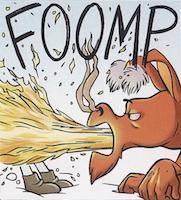The role of a critic is an interesting one and something I’ve had the pleasure of embracing in my own way over the last couple of years. From the beginning I’ve wanted to get to a place where I felt confident writing a review as I saw it: Not a fluff piece, not negativity for the sake of it but an honest take on each game that comes across my table.
Every now and then a debate comes around about the value of writing reviews of games you don’t like versus the effort required to produce those reviews. I’m firmly in the camp that thinks there is value in creating reviews with a negative view point and I think it is worth diving into why critics should do this and their role in the community.
Critical Role
What is the job of a critic? Is it to promote? To denigrate? No, though those things do come with the territory. To my mind it is the critic’s job to hold a magnifying glass to the hobby, to provide comment, feedback and constructive critique. That is not to say you shouldn’t love your subject, it would be kind of odd to be a critic of something you don’t have an interest in.
Critics must be careful though. If our love turns into veneration, we risk losing perspective, dismissing negative thoughts as not worth the time expressing. We can ride the wave of hype if we are in a position to do so, but must make sure it doesn’t drown out all other games. We should experience the depth and breadth of the hobby, its highs and lows, the rough with the smooth. That is not to say we should play everything.
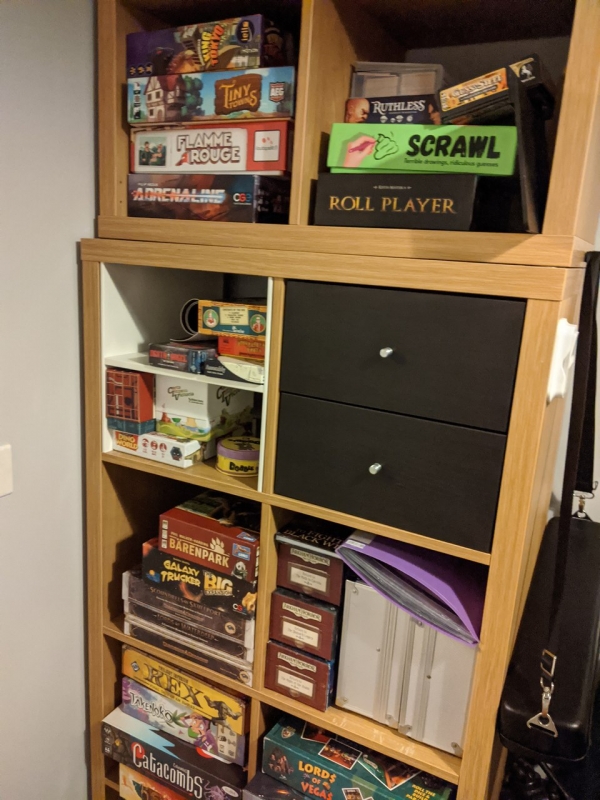
The Filter
With so many games coming out it is difficult, nigh on impossible, for an individual critic to play everything that comes out, nor should they attempt to do so. This leads us critics to filtering out some games when deciding what to review. For instance, I am not the biggest fan of worker placement games, so I naturally accept less for review.
This curation of the review queue carries out unseen from the public eye, but it doesn’t mean you should dismiss any given critic. You’ll find someone whose tastes align with your own, for the most part at least, and you will take to following their lead. Maybe it will be a mix of critics. We all do this. The only way to know whether a critic’s tastes align with your own is to know their likes and dislikes.
Take the time
Boardgames take time to review. They are not unique in this fact: books take time to read, films and TV time to watch, art time to learn about. My wife watches a review of running shoes and they run 60+ miles in each shoe before committing to a review. Good criticism takes time. Just because you don’t like a game at first flush is not a good enough reason to dismiss it for reviewing.
If all you ever do is say everything is great, then I don’t think you can really call yourself a critic. A cheerleader for the hobby, an advocate for games for sure. No one person can like all games, that’s unrealistic, it smacks of marketing not criticism. If you want to be in marketing then I have no issue with that. If you want to be a critic, you owe it to your readers/ viewers/ listeners (consumers) to take the time to review games that aren’t necessarily for you.
In diving into games that we don’t like, getting to the core of what really rubs us the wrong way, we learn more about our own tastes. We become better critics as we learn how to express what we hate as well as what we love. The critic has a responsibility to guide their consumers even if they ultimately disagree with our opinion on an individual game.

The Craft
Adjacent to an argument about not wanting to take the time to review games you don’t like, is that some people don’t like the act of creating these reviews. For myself, the act of writing a review is almost as much fun as playing the games, sometimes more so in the case of games I didn’t like.
In order to be a good critic you have to enjoy the craft of your chosen medium. I love writing. It doesn’t really matter what I’m writing, I just love putting pen to paper and fingers to keyboard to turn words into opinion. If you get to the point where you feel confident enough to review a game, but not the act of creating the review no matter what you think, maybe being a critic isn’t for you.
Being a good critic means giving your honest opinion. No matter how big your following, how small your signal, learning to express yourself in your chosen medium is a joyful act in and of itself.
I understand that some people worry that negative reviews get less traffic to a site but I think that is rubbish. Outside of the Beyond the Veil articles on my site my Star Trek Adventures review is one of my most popular articles. I hated that game, and said so in no uncertain terms. As we’ve already touched on, your consumers will thank you for your critique if they believe it is honest, even if they don’t agree with it. A negative review can be just as useful as a positive one in this regard.
Critical Mass
The hobby is growing at an incredible rate. New companies form all the time, Kickstarter is soaked with tabletop games and there are literally thousands of new releases every year. Gaming is more mainstream than it has ever been and as it becomes more ‘normal’ the kind of criticism that is levelled at books, films, TV, art, sports or any other form of entertainment must be brought to bear on tabletop games.
As it grows the hobby needs critics to say when a game doesn’t live up to the hype, to lift the lesser known games they love up onto the pedestals that the latest plastic filled Kickstarter finds itself on by default.
My Favourite Critics
I would like to end this piece by recommending several critics to you. Each have their own style and I follow each of them for different reasons.
 Games
Games How to resolve AdBlock issue?
How to resolve AdBlock issue? 

